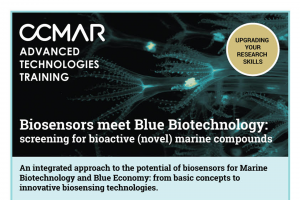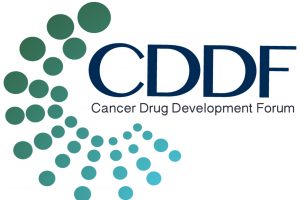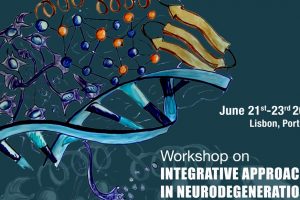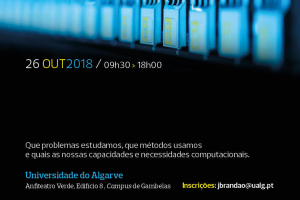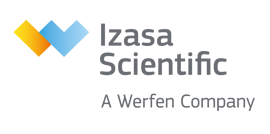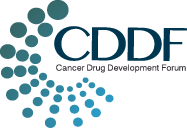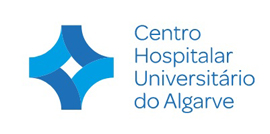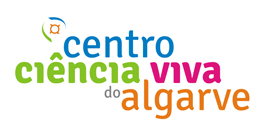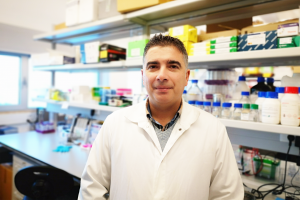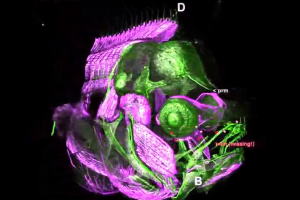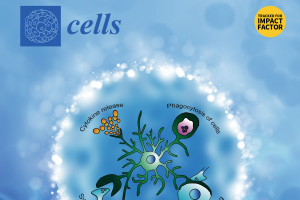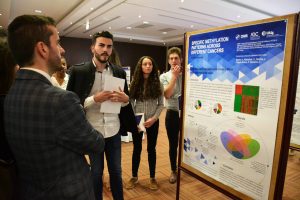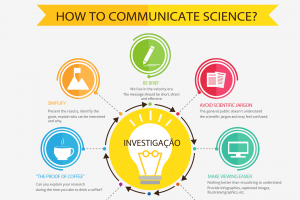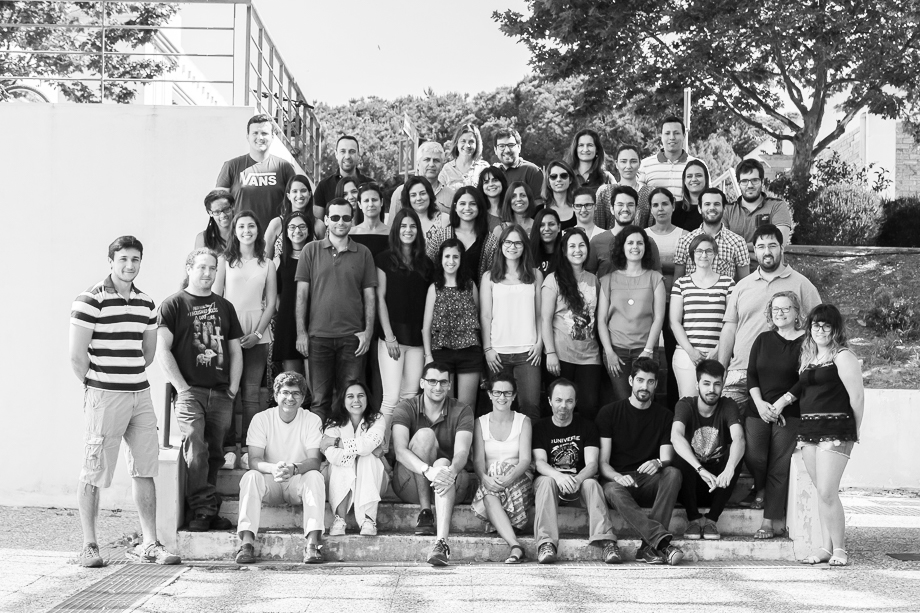
About the event: We are pleased to announce the 2nd Annual CBMR Meeting which will be held at the Instituto Português do Desporto e da Juventude, Faro, on the September 8th 2017. The objectives are to bring together the scientific and academic communities at UALG with broad interests in fundamental and applied research in Biology, including Psychology, from Molecules to Systems, and from Health to Disease. The current CBMR research will be presented in several oral and poster presentations. Two excellent speakers in their research field are invited.The invited speakers will share with us the current trends as well as the state-of-the-art in his field of research. We hope that all members of CBMR and collaborators will be able to join us for a one day of presentations of current topics being research within CBMR and energize CBMR as we take up the challenge of a brighter tomorrow.
Organization: CBMR / ProRegem
Partners: Isaza Scientific, Universidade do Algarve
The objectives are to bring together the scientific and academic communities at UALG with broad interests in fundamental and applied research in Biology, including Psychology, from Molecules to Systems, and from Health to Disease.
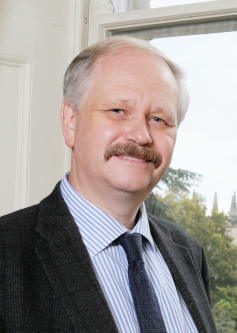
Invited Speakers
Paul Fairchild began his research career in Oxford, where he studied for a doctorate in the Nuffield Department of Surgical Sciences, focussing on the dual role of dendritic cells in allograft rejection and immunological self-tolerance. After spending five years as a Post-doctoral Fellow investigating the aetiology of autoimmune disease in the Department of Pathology, University of Cambridge, he returned to Oxford, where he is currently Associate Professor within the Sir William Dunn School of Pathology and a Fellow of Trinity College. In 2008, Paul Fairchild founded the Oxford Stem Cell Institute (OSCI), for which he served as Co-Director until the end of 2015. Within this context he continues to draw on his background in transplantation immunology, to investigate the nature of the immune response to tissues differentiated from pluripotent stem cells and to develop approaches to the induction and maintenance of immunological tolerance. Furthermore, he has developed a programme of research aimed at exploiting the properties of pluripotent stem cells to address unmet medical needs with an immunological basis and has filed several patents focussing on the derivation of dendritic cell subsets from human iPSC for use in immunotherapy.




